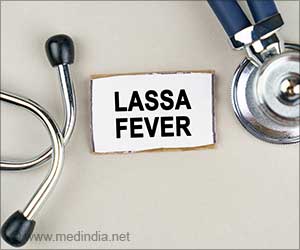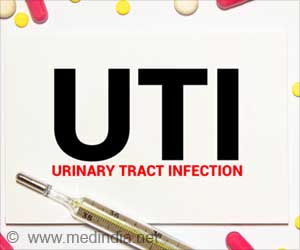Few people changed their behavior in the early stages of the swine flu outbreak, finds a study.
Few people changed their behavior in the early stages of the swine flu outbreak, finds a study published on bmj.com today. But the results do support efforts to inform the public about specific actions that can reduce the risks from swine flu and to communicate about the government's plans and resources.
Encouraging the public to undertake specific behaviors related to hygiene has proved useful in containing previous outbreaks of infectious disease, but motivating the public to adopt such behaviors can be difficult.So researchers at Institute of Psychiatry King's College London and the Health Protection Agency set out to assess whether perceptions of the swine flu outbreak predicted changes in behavior among members of the public England Scotland and Wales.
They conducted a telephone survey of 997 adults between 8 and 12 May 2009. Participants were asked nine questions about recent behaviors.
Six related to avoidance of places or activities, behaviors that had not been recommended by the government. Three related to activities that had been recommended - namely, increased cleaning or disinfecting of surfaces, washing hands with soap and water more often than usual, and discussing with a friend or family member what to do if either person caught swine flu.
The results suggest that, in the face of intense media coverage and a major government advertising campaign, public responses to swine flu were muted.
Anxiety about the outbreak was low, with only 24% of participants reporting any anxiety and only 2% reporting high anxiety. Behavior changes were also limited.
Advertisement
And fewer than 5% of people reported that they had avoided people or places as a result of the outbreak.
Advertisement
Our results largely endorse the current policy of providing the public with clear, consistent information, which focuses on the practical things that people can do to reduce their risk and which maintains trust by explicitly discussing the current level of knowledge, preparation, and resources available to tackle the outbreak, conclude the authors. Tackling the perception that the outbreak has been “over-hyped” may be difficult but also worthwhile, they add.
Source-BMJ
LIN











